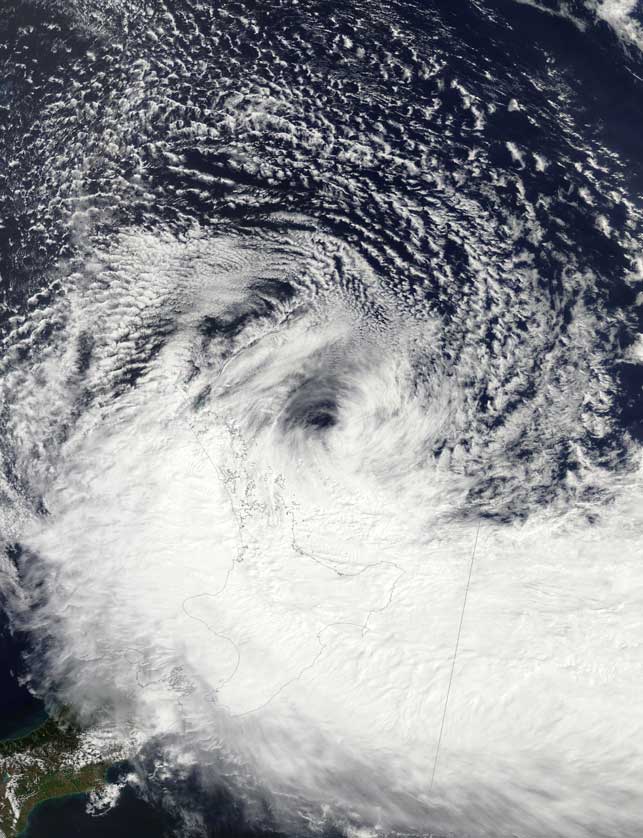Hazards in New Zealand
New Zealand is considered to be one of the safest countries in the world to visit. Violent crime and armed robbery against tourists are rare. That said the Christchurch mosque shootings in 2019 and the murder of British tourist Grace Millane in Auckland in 2018 are reminders that nowhere is completely safe.
 |
| Swimming can be hazardous in New Zealand |
The Christchurch Earthquake of 2011 also led to the deaths of 185 people and the destruction of many buildings in the city.
Giardiasis is prevalent in New Zealand and visitors should not drink untreated water from streams, rivers, or lakes. Though curable with medication, a bout of giardia can ruin your holiday before you discover the diarrhea you have just won't go away. Believe me, I've had it - twice!
Tap water is safe to drink unless an advisory is issued.
Health
No vaccinations are necessary to enter the country. Visitors are advised, though, to take out travel insurance especially if venturing into the great outdoors. New Zealand's health service is of a high standard but without full cover, visitors would be liable to large medical expenses.
Precautions
The Sun
Take care with the sun. In the summer months, visitors should try and avoid direct exposure to the sun or stay well-covered from around 11 am - 3pm. The southern latitudes and thin ozone layer make burning easy.
The Sea
The sea is a bigger danger. The ocean that surrounds New Zealand has strong currents and even strong swimmers can get into danger. Care must also be taken when swimming in the country's many lakes and rivers as well as at beaches.
Drowning is the leading cause of recreational death in New Zealand and the third highest cause of accidental death. According to Water Safety New Zealand in 2019 there were 82 preventable drowning fatalities and 203 drowning-related hospitalizations.
Shark attacks are extremely rare but also not unknown. A young woman was killed by a shark off Waihi Beach in January 2021, the first fatal attack since 2013.
In 2022, 5 people died when a whale capsized a boat carrying 11 people at Goose Bay near the South Island town of Kaikōura.
New Zealand also has large areas of low-lying coast that are liable to inundation during storms. The country's heavy rainfall can also cause flooding.
Insects
New Zealand's swarms of biting insects are an irritant rather than a threat to life. Insect repellent is advised if walking in the bush in the summer months to protect from mosquitoes, sand flies, and midges.
Amoebic Meningitis
Though rare, amoebic meningitis can be contracted in natural mud pools. Keep your head above water and avoid the water entering your mouth, nose or ears.
 |
| Image of Cyclone Gabrielle |
Cyclones & Flooding
Cyclone Gabrielle in February 2023 affected a third of New Zealand's population of five million. The storm caused severe flooding, power outages, property damage as well as loss of life. Altogether, seven people were killed by the cyclone. The heavy rainfall and gale-force winds caused severe disruption in both Auckland and Hawke's Bay. The Ngaruroro River burst its banks and flooded the town of Omahu, requiring residents to be evacuated by helicopter. Other rivers that overflowed included the Wairoa River and the Tūtaekurī River.





0 Comments